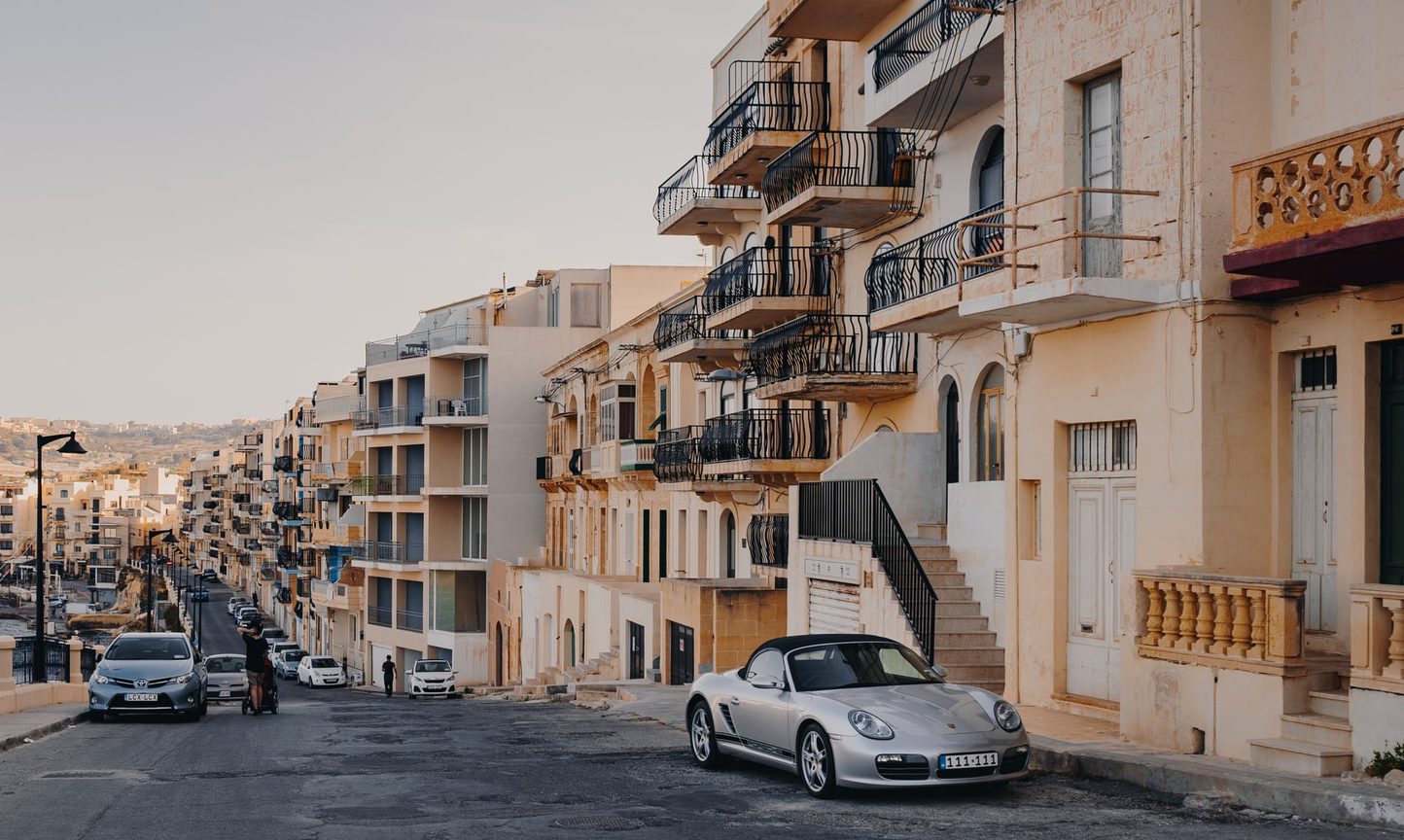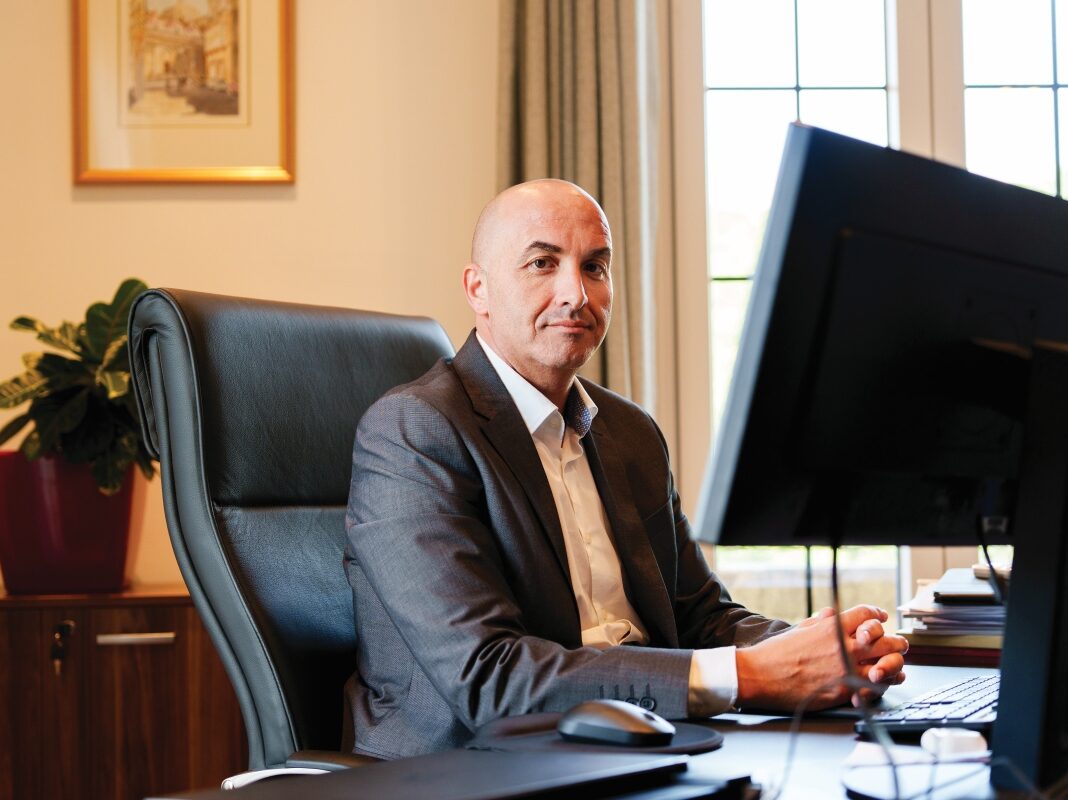A public consultation for a review of the Condominium Act, launched last week, has been welcomed by companies providing administration services for condomini.
The review was announced by Minister for Justice Edward Zammit Louis, who said that the aim is to see “where the law can be improved, and to address certain developments in the last 20 years”.
The law recognises a condominium as a building where the common areas are utilised by two or more persons, called condomini.
Gianfranco Desiderato, co-owner of MG Administrators, a local firm providing administration services for over 150 buildings, says he has been submitting proposals for a “sorely needed update” in the law for years.
“When I heard about the launch of the consultation, I was delighted. This is something we have tried to achieve for years, so I took the news really well.”
Mr Desiderato says he is now working with the firm’s legal team to propose many changes “to make things better for everyone”, adding that he hopes similar companies are doing the same.
He describes the local law as an outdated one that, while younger than those of many European countries, has remained stuck in the past, even as “everything changed”.
He believes the changes he wants to see would help make things clearer and avoid complications, and include both small changes and much deeper ones, although he makes it clear that Malta does not need to reinvent the wheel but rather look at successful regulations abroad for ideas.
One potential change Mr Desiderato mentions is for penthouse owners to pay a larger share of the condominium fee since they use the lift more often and longer than do those on the first floor, for example. He says that again, Malta does not need to come up with its own calculations for these matters but can simply look abroad to see what works and transpose it to the local legislation.
“I’ve seen many of the condominium laws of other countries, and they’re nicely updated,” he says, noting that Malta’s is based on the Italian one and suggesting that it continues to follow it for the most part to keep the regulations coherent and more closely tied to local expectations.
One of the proposed changes is the setting up of a Mediation Centre so that disagreements between neighbours do not have to go to court, with Minister Zammit Lewis saying, “It’s not very healthy for people living in the same community to end up in litigation.”
Currently, for disagreements over amounts over €5,000, owners can proceed with a court case, while for amounts below there is an arbitration process, although Mr Desiderato points out that both these options still have a cost, and the full amounts are rarely if ever recovered.
“And you lose six months, a year, in this conflict with your neighbours. It’s complicated, and it could be much easier,” he says.
He proposes fines for those owners who refuse to cooperate, saying that the current system is unfair on those who take good care of their building.
Sharon Azzopardi, head of property management at OZO Properties, another player in the condominium administration market, agrees, saying that clear rules on solving disagreements are needed to make life easier for owners.
“For us as administrators, this is not the biggest issue. We are duty bound to follow and execute the will of the majority, so what happens between them is left between them. But we do know the pain such disagreements can cause,” she says.
Ms Azzopardi also brings up common parts insurance, saying it should be mandatory as it can prevent a lot of problems regarding responsibility for damages caused by leaking pipes or similar issues.
However, one of the biggest issues, she believes, is liability for unpaid fees relating to the common parts, which can entangle new owners in a web of legal problems.
“As the situation stands, when an owner who owes dues to the administrator sells their flat, the condomini lose their right to make them pay. Instead, they must sue the new owner, who must then sue the previous owner.”
These problems arise from a law that only recognises current owners as bearing legal responsibility. “No one buys an apartment and expects to be suing the person who sold it to them as they are getting sued by their neighbours. It’s a very uncomfortable situation, but the current legislation makes it necessary.”
Although the Minister mentioned that the situation whereby contractors retain ownership of the common parts needs to be addressed, neither MG Administrators nor OZO Properties find this to be a pressing concern, since any significant changes to the common areas need to be agreed on unanimously.
“For example,” says Mr Desiderato, “we have a case where a developer of a block of 10 flats owns six of them as well as the common area, and wants to apply for the recently announced Green Your Building scheme. Without the agreement of the other four owners, his majority does not count, because to change the decor of the condominium you need all parties to agree.”
Even if developer offers to pay for everything themselves, the law currently in effect prohibits them from making any significant changes unless they obtain the consent of the other four owners.
A bigger issue relating to developers and contactors, Mr Desiderato says, is the unfinished state of some buildings even as residents start moving in.
“At the moment,” he says, “people are moving into buildings where the lift isn’t ready, where the common parts don’t have tiles. There must be certification by the authorities that a building is ready to move into.”
He brings up France as an example where developers who do not finish a building on time, as stipulated in the contract with those who bought a property within the building, are liable to heavy fines, and the owners who are prohibited from moving in before the building is certified as ready can then sue the developer.
“We have tens of blocks which are not ready even though people are living there. We start our administration with some inspections, like for fire hazards and health and safety, and sometimes there’s simply nothing. We cannot issue a safety certificate, but there’s nothing else we or anyone else can do.”
He continues, “Imagine, you just got married, you take out a home loan, you have a lot of expenses and go through a lot of sacrifice, and you cannot even move in because the place simply isn’t ready.”
“And of course,” he says with a sardonic laugh, “the developer simply points the blame to someone else.”
Mr Desiderato says these issues are rarely found in other European countries as tough laws prevent them from happening.
In the end, both Mr Desiderato and Ms Azzopardi agree that Government needs to listen to administrators like themselves who have years of knowledge in the field and know how to improve the situation.
“Otherwise it will be a big mess,” Mr Desiderato says. “Your home is a place where you want to relax, not be in a fight with your neighbours or with the builder.”
Leading MAPFRE Middlesea into the future
CEO Etienne Sciberras details how strategy, culture and social purpose are shaping both MAPFRE Middlesea and his leadership approach
FinanceMalta signals ‘new approach’ to promotional strategy
'FinanceMalta will place greater emphasis on equipping members with the tools needed to promote Malta effectively in priority markets'
From roses to burgers: Wolt data reveals how Malta is redefining love this Valentine’s Day
Wolt’s Valentine’s data highlights a clear shift towards private, practical gifting






